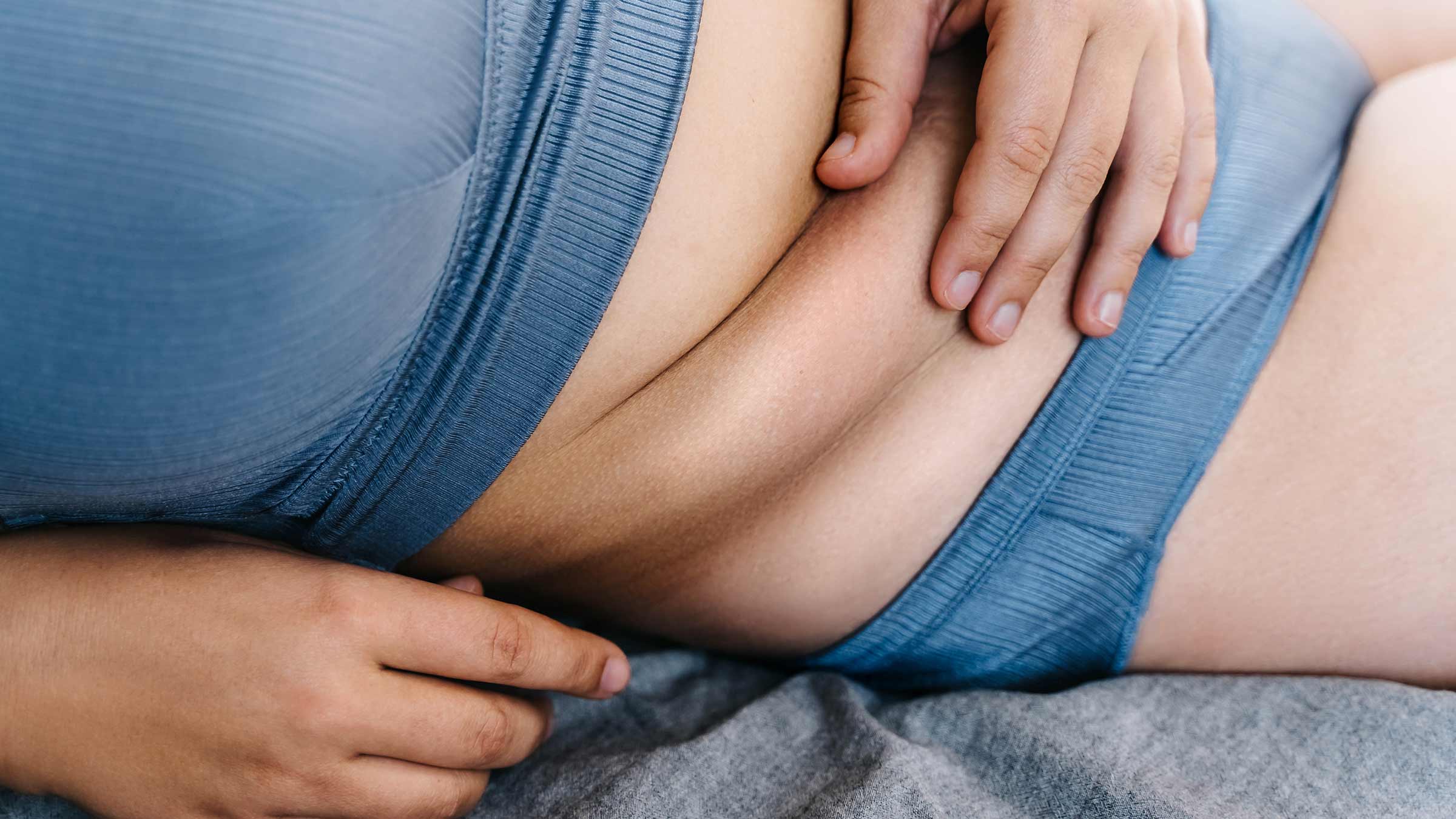
Editor’s note: As what we know about COVID-19 evolves, so could the information in this story. Find our most recent COVID-19 articles here and learn the latest in COVID-19 prevention at the Centers for Disease Control and Prevention. Some photos and videos on this site were filmed prior to the COVID-19 outbreak or may not reflect current physical distancing and/or masking guidelines.
Even if you survive a severe case of COVID-19, the disease could wreak havoc on your lungs — which means now is an especially critical time to take care of these vital organs.
COVID-19 can cause lung complications such as pneumonia and, in the most severe cases, acute respiratory distress syndrome, or ARDS. People who survive ARDS and recover from COVID-19 may have lasting pulmonary scarring, which could translate into impaired lung function and increased breathing symptoms such as shortness of breath, cough and chest tightness.
But there are measures you can take to strengthen and protect your lungs from the worst of COVID-19. Here are some ways you may be able to lower your risk of complications should you contract the coronavirus.
Quit smoking — and vaping
People who smoke are generally at higher risk of respiratory tract infection, and there’s growing evidence that people who smoke may be at higher risk of COVID-19 and its complications.
In addition, smoking marijuana and vaping affect the respiratory system and have the potential to damage the lungs, which would put these people at higher risk for complications from COVID-19 too.
Certainly, quitting smoking would be beneficial both for short-term effects on COVID-19, as well as long-term effects on reducing your risk of cancer and heart disease.
Give your lungs a workout
Taking repetitive deep breaths along with holding your breath may help ventilate the lungs more effectively and, potentially, improve secretion removal. Many have touted a technique in which you inhale deeply and hold it for five to 10 seconds. You then exhale and repeat the process five times in succession.
Keep your allergies in check — and get out the vacuum cleaner
If you have dust sensitivity or allergies to tree and grass pollen, this may translate into increased chest congestion and wheezing. This increases the risk of complications if you were to contract COVID-19.
Stay inside when air pollution is high
Pollutants in the air irritate the airways, particularly in patients with underlying lung disease such as asthma. The irritation causes the airways to swell and tighten up, which can translate into trouble breathing. Patients with sub-optimally controlled lung diseases are at increased risk for complications from COVID-19.
Skip air filters and humidifiers that overpromise
These devices haven’t been shown to be beneficial in preventing viral diseases such as COVID-19 or reducing risk of complications from COVID-19.

Our care, your place
Telehealth visits are a simple way to manage your health, wherever you are.
See what telehealth can do for you




